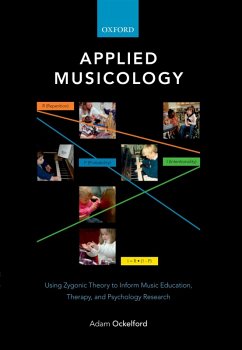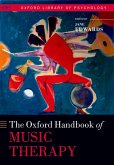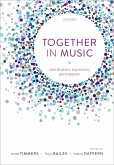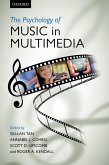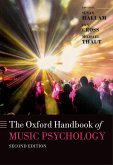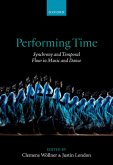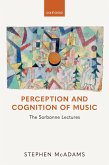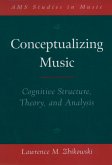Although research in music psychology, education and therapy has expanded exponentially in the 21st century, there is something of a 'black hole' around which much of the discourse circles: music itself. While writers have largely been occupied with what people think about musical engagement, the little musical analysis that exists has tended to be at a low level compared to the sophisticated non-musical exploration that is present. This highlights the tenuous connection between musical enquiry in the context of the humanities and that occurring within the social sciences, the one exception being the partial intersection of music theory and psychology. Here, however, progress has largely been in one direction, with something of the objectivity that characterizes psychological research reading across to music analysis, and taking the form of what has been called 'empirical musicology'. 'Applied Musicology' takes a further, reciprocal step, in which certain of the techniques of empirical musicology (in particular, the author's 'zygonic' theory) are used to inform thinking in the domains of music-psychological, educational and therapeutic research. Within the book, the authors sketches out a new, interdisciplinary sphere of endeavour, for which the term 'applied musicology' is coined. The book adopts a phenomenological, inductive approach, using the analysis of hundreds of real-life examples of musical engagement and interaction in order to build new theories of musical intentionality and influence, and to shed new light on our understanding of aspects of music perception and cognition. Intended for those in the fields of music psychology, music education, and musicology, Applied Musicology will lay the foundations upon which a new category of interdisciplinary work will be built.
Dieser Download kann aus rechtlichen Gründen nur mit Rechnungsadresse in A, B, BG, CY, CZ, D, DK, EW, E, FIN, F, GR, HR, H, IRL, I, LT, L, LR, M, NL, PL, P, R, S, SLO, SK ausgeliefert werden.

